If somebody is sick, face masks can protect other people from being infected

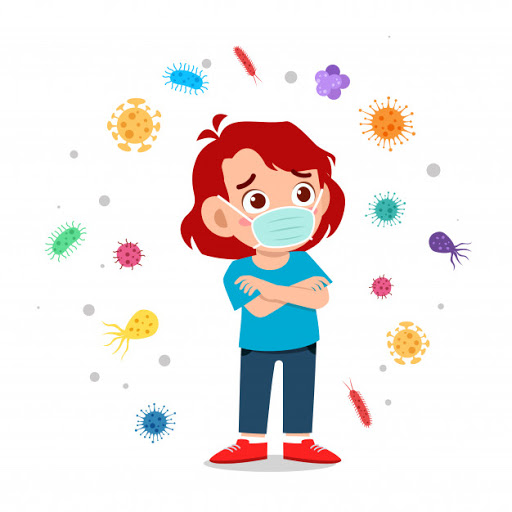
Some diseases begin from animals before they even start affecting people. These types of diseases are called “zoonoses”.



Cows, bats and camels are some of the animals that have transmitted diseases to humans in the past.
COVID-19 is one of these diseases (zoonoses) and appeared for the first time in December 2019 in a city called Wuhan in China.
It is believed that it started in a market in Wuhan in China where live animals are sold.
The virus can spread from an infected person’s mouth or nose in small liquid particles when they cough, sneeze, speak, sing or breath heavily.


People may become infected by touching contaminated surfaces, knobs, handrails, then touch their eyes, noses or mouths without cleaning their hands first.
We do not know yet if humans can transmit the virus to animals (e.g. dogs or cats).

The best protection from COVID-19 are:
If somebody is sick, face masks can protect other people from being infected
The mask protects us from infections
We should wear face masks! Face masks keep us safe and shouldn’t scare us!
We have to wear our face masks properly
We should avoid touching our face, especially our eyes, nose and mouth
When we cough or sneeze, we must cover our nose and mouth with our elbow or use a handkerchief or tissue. After using the tissue or handkerchief, throw it in the garbage
Keep away from crowds of people
Avoid shaking hands with other people
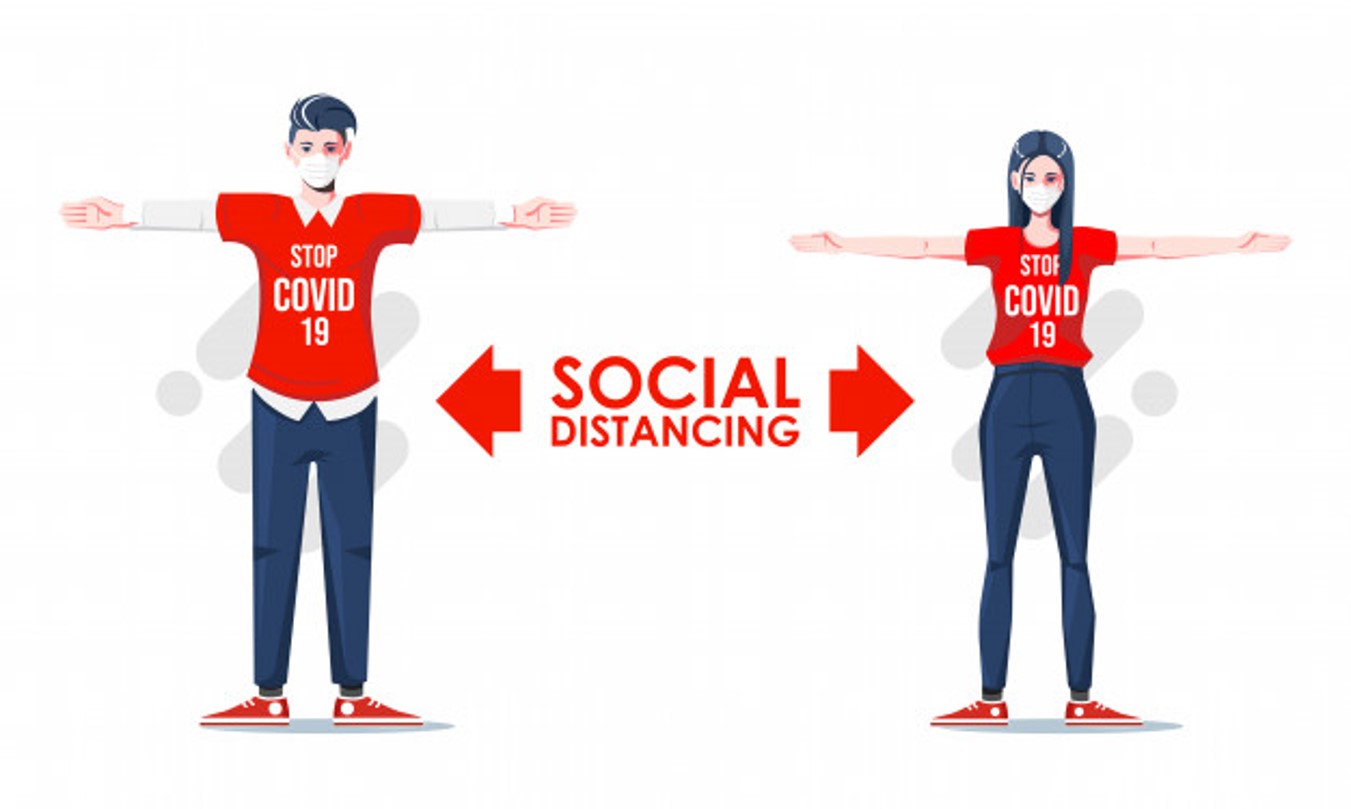
The risk of getting sick with COVID-19 from eating or handling food (including frozen food and products) and food packages is considered very low.
There is no evidence that food or food packaging is related to COVID-19.
We can be infected if we touch a contaminated food package. However, this is rather an usual way of spread.
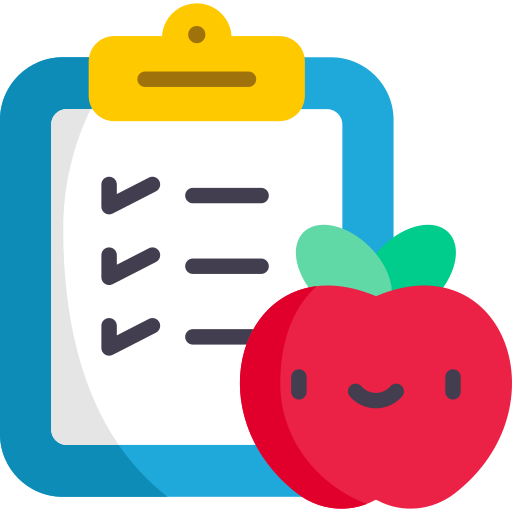
After shopping, handling food packages, or before preparing or eating food, always wash your hands
IMPORTANT:
Take care of your body and follow a healthy diet.
It helps to fight the coronavirus
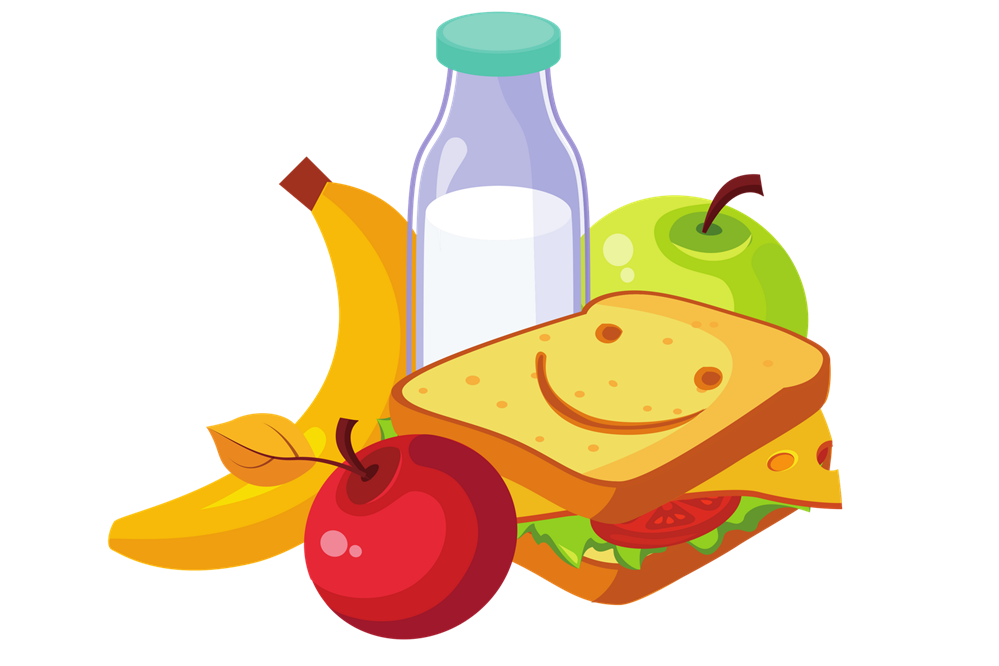
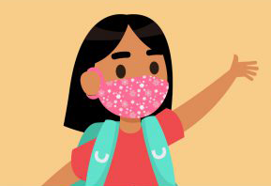
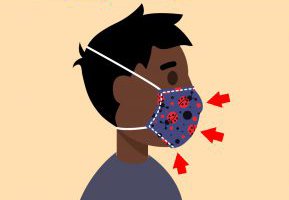
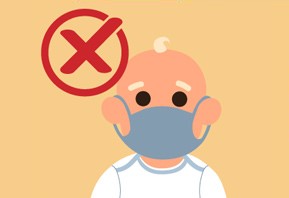
Symptoms appear 2-14 days after exposure to the virus.
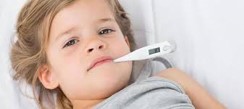


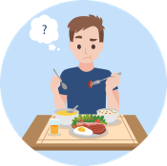
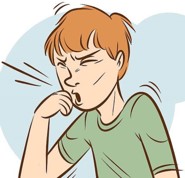
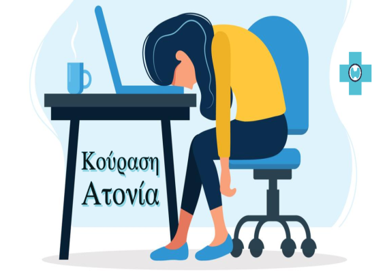
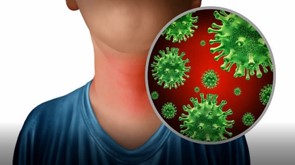
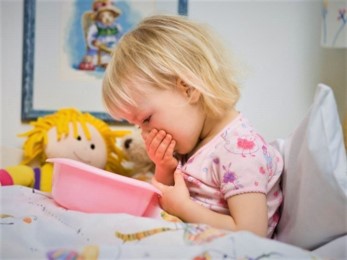
Some patients may be asymptomatic which means that they have no symptoms. Some people may have severe symptoms because their immune system becomes disorganized. In this case, they need to go to hospital for treatment.
If you have been diagnosed with COVID-19, you must stay at home and away from other people and your pet. Avoid coming in contact, especially with your grand-parents because older people are in higher danger.
Always consult your doctor.

You may feel anxious, stressed, worried, sad, bored, lonely or frustrated:
Do things that make you happy. Ask for psychological support from an expert.
The most important thing to remember is that we are all together in this effort but… at a DISTANCE.
Isolation or quarantine of people through lock-down and curfew keeps them safe and reduces the threat of infection.
Lock-down keeps us in our homes when there is a high danger of spread of the virus
It quarantines the people who may be infected with virus from spreading it to other people

These changes are not forever but they help reduce the spread of the virus.
YOU CAN HELP BREAK THE FAKE NEWS CHAIN!
Unless the information comes directly from an official source, take it with a grain of salt.
Never consult invalid sources, or rely on discussions from people on the internet-no fake news, no conspiracy theories!
Be careful to recognize fake news and responsible to stop dissemination of them!
